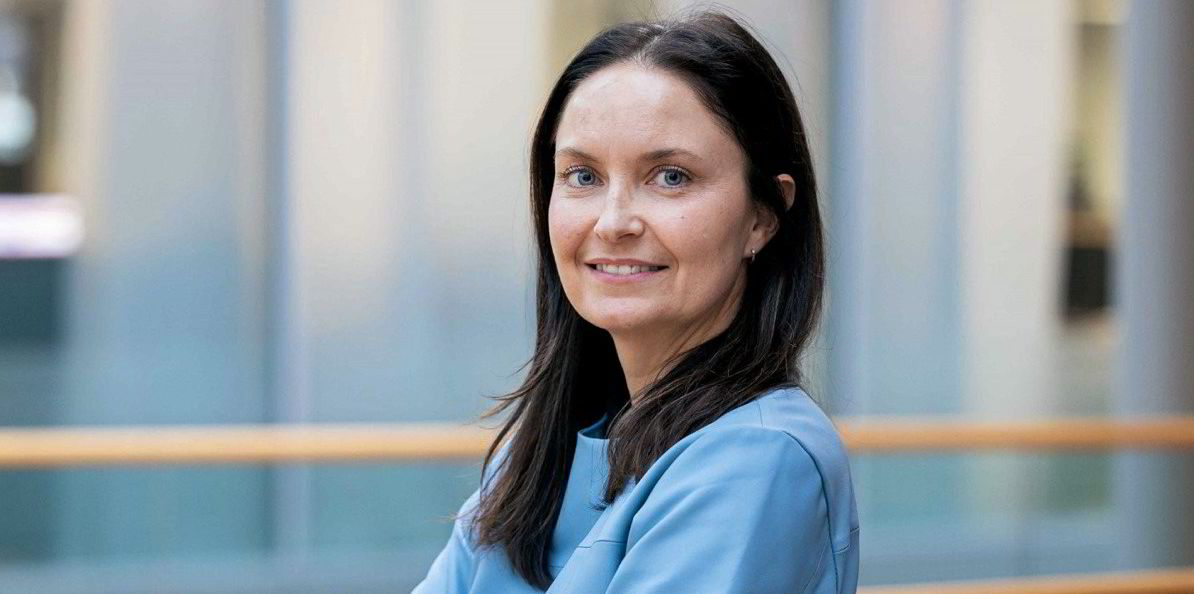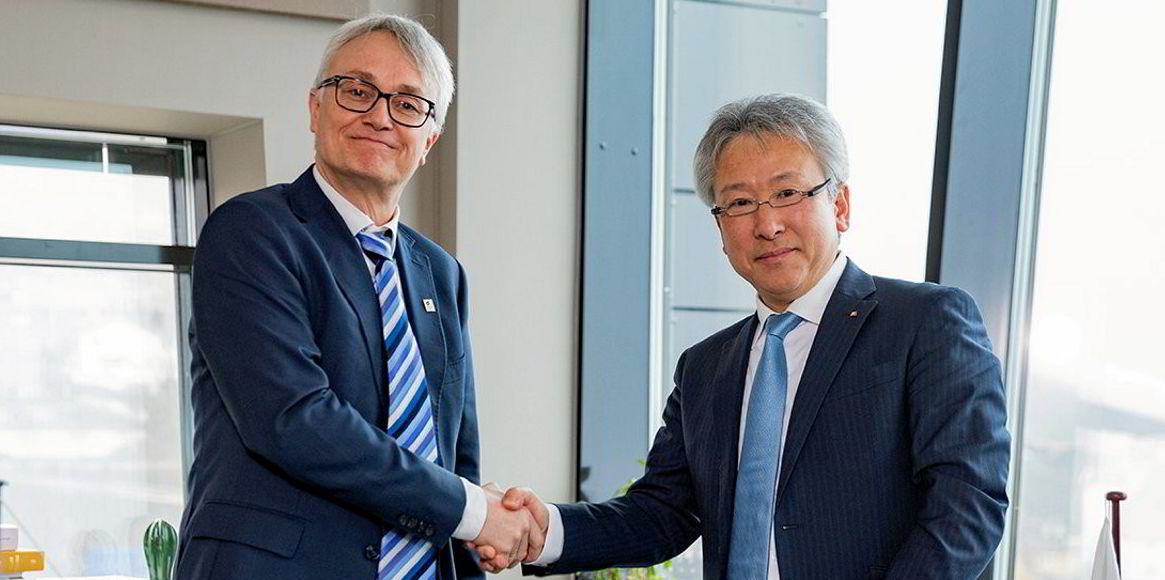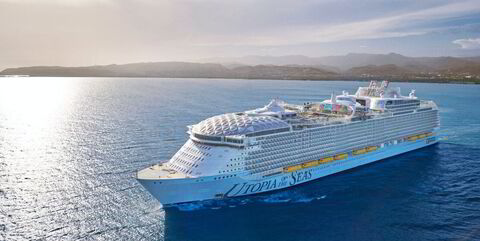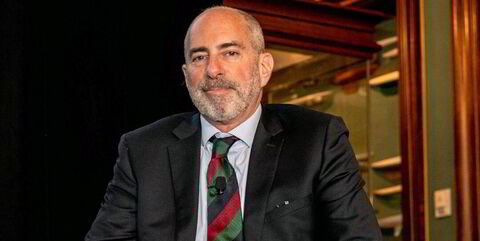Klaveness Combination Carriers (KCC) has received its first A- score for “climate change” in the annual Carbon Disclosure Project (CDP) reporting.
This improves on its B score from the previous two years.
The Oslo-listed owner of 16 combination carriers transporting wet and dry cargoes said the result positions it in the “leadership” band of CDP’s scoring mechanism and means KCC implements “current best practices”.
The shipowner beats the marine transport industry average of B- by quite some way.
The CDP is a global non-profit organisation that runs the world’s leading environmental disclosure platform.
Grades are determined based on a transparent methodology that assesses the comprehensiveness of disclosures.
KCC chief financial officer Liv Dyrnes said she is pleased that commitments to improve climate change performance are being recognised.
The company’s vessels are more efficient than standard tankers and bulkers because they reduce ballast legs, as they can carry both types of cargo.
KCC says they emit up to 40% less CO2 per tonne.
Dyrnes told TradeWinds: “We always look for ways to improve further both when it comes to ambitions, implementation of actions and how we monitor and improve, etc.”
Unique starting position
She said the company has a unique starting point, with the fleet of combination carriers being the most carbon-efficient deepsea transportation solution in the dry bulk and tanker space.
It is targeting further gains through “harvesting untapped energy, trading and voyage efficiency improvement potential for the existing fleet and through our newbuild programme with the next vessels delivering in 2026”.
“In parallel, we also prepare for the utilisation of new low and zero-carbon fuels, including preparing our newbuilds for later conversion to burning new zero-emission fuels,” Dyrnes added. “Our ambition is that this should be a part of the KCC fuel mix [by] 2030.”
KCC also aims to establish a transition plan on how to align with the Paris Agreement/Science Based Targets initiative.
She admitted this is “not easy for a hard-to-abate industry, but we love a challenge”.




